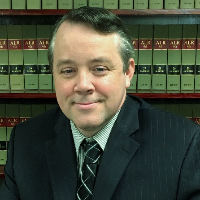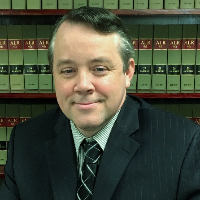Toney White Collar Crime Lawyer, Alabama
Sponsored Law Firm
-
 x
x

Click For More Info:
-
The Moore Firm, LLC
917 B Merchants Walk Huntsville, AL 35801» view mapCriminal Defense Law Assertive. Dedicated. Thorough.
The Moore Firm, LLC knows how to interpret Alabama law to your best advantage. Our lawyers are passionate about their work and fearlessly strive for the results you require.
800-899-8050
Not enough matches for Toney White Collar Crime lawyer.
Below are all Toney Criminal lawyers.
Shannon Matthew Moore
✓ VERIFIEDEstate Planning, Divorce, Personal Injury, Criminal, Mass Torts
We are dedicated to maximizing results for our clients!
Shannon Moore was born in Huntsville, Alabama. He is a graduate of Grissom High School and he received his undergraduate degree from the University of... (more)
FREE CONSULTATION
CONTACTFREE CONSULTATION
CONTACTJennifer Halsey Castro
Personal Injury, Family Law, Immigration, Criminal
Status: In Good Standing Licensed: 14 Years
John Garland Butler
Health Care Other, Estate, Criminal, Civil Rights
Status: In Good Standing Licensed: 42 Years
Thomas Avery Littrell
Traffic, Child Custody, Divorce & Family Law, White Collar Crime
Status: In Good Standing Licensed: 10 Years
 Shannon Moore Huntsville, AL
Shannon Moore Huntsville, AL Practice AreasExpertise
Practice AreasExpertise


